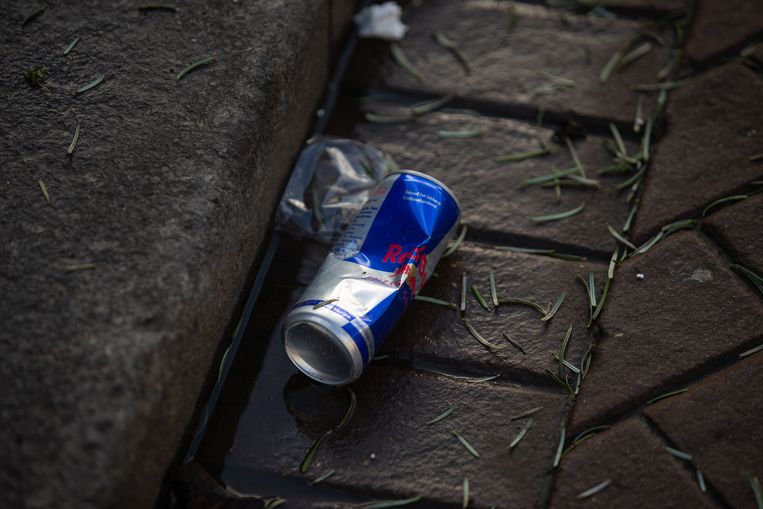At the end of last year, the Flemish government gave the green light to the introduction of deposits on plastic bottles and cans from 2025. Unlike other EU countries, where empty packaging must be returned to the store, the government prefers a digital collection system. Although this has to prove itself first. Tests have therefore taken place this autumn in Bobbejaanland, Center Parcs De Haan and Wenduine.
The Flemish waste company OVAM is today presenting its final report on the pilot projects in the Flemish Parliament. De Morgen already has the text in its hands. What seems? There is no conclusive answer to the question of whether digital deposits can work. For example, the pilot projects show that digital deposits are “technically and technologically workable”, that “no violations” of privacy have been identified, that the risk of fraud “seems manageable” and that “a majority of users” are satisfied with the operation. of the system.
At the same time, OVAM questions the effectiveness of digital deposits as a way to combat litter. This has not been shown by the pilot projects. Although the figures from Bobbejaanland initially show a decrease in litter, after technical corrections it appears that “no clear effect” has been found. The same applies to the pilot project in Center Parcs. “Due to their limited scale and short duration, the pilot projects do not lead to a clear conclusion,” OVAM writes in its final report.
The pilot project in Wenduine turned out to be a total flop. The counts “on the walking lanes examined in Wenduine indicated that these did not appear to be litter-sensitive zones,” it said. “The litter from cans and bottles was absent both before and during the project, so no conclusions can be drawn here.”
4 billion
The idea behind digital deposits – promoted by recycling company Fost Plus and the trade umbrella organization Comeos, among others – is that plastic bottles and cans are given a code that must be scanned. Then they can go home in a blue bag. Or in a special public garbage bin. They also receive a code. Once everything has been scanned correctly, the deposit will be refunded via online banking. According to Fost Plus and Comeos, this is a way to avoid hassle. Otherwise, 4 billion packages will have to be returned to the store every year, it says. According to green NGOs, supermarkets do not want to install expensive collection machines.
With regard to accessibility, OVAM warns that consideration should also be given to “groups that do not have a smartphone, are not yet sufficiently digitally skilled or do not have a (own) bank account (such as young people, the elderly, the homeless, etc.)”. To prevent problems, it is therefore necessary to provide additional physical collection points. This can happen on the street, via special waste bins. Although the Flemish cities and municipalities are radically against this: they fear nuisance. Or in supermarkets, as in the classic collection system.
OVAM therefore appears to be leaning towards a mixed collection system, in which the strengths of digital collection (less hassle) are combined with the strengths of traditional collection (accessible). This literally means: “A digital deposit system, flanked by a sufficient number of additional collection points, and other return scenarios must be considered.”
It is now up to Flemish Environment Minister Zuhal Demir (N-VA) to make a proposal to the Flemish government by the end of next week. Then the Christmas recess begins. Cd&v currently seems to be in favor of the traditional collection system and Open Vld of the digital collection system.
Sculpture Joris van Gennip
2023-12-13 09:37:44
#digital #deposits #work #Tests #Bobbejaanland #Center #Parcs #Haan #Wenduine #show #idea


